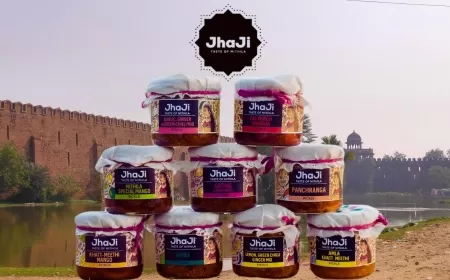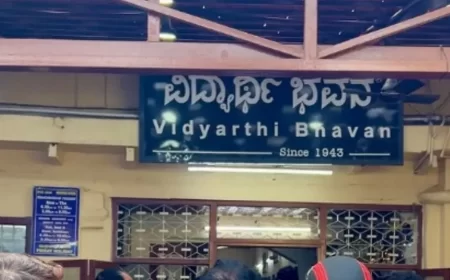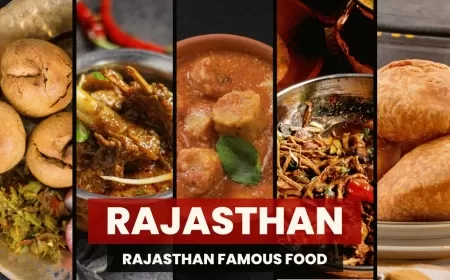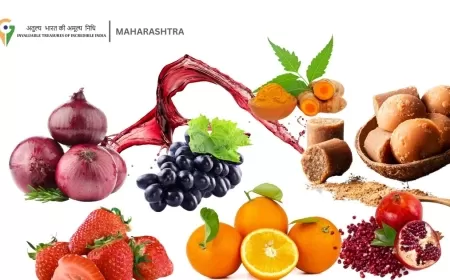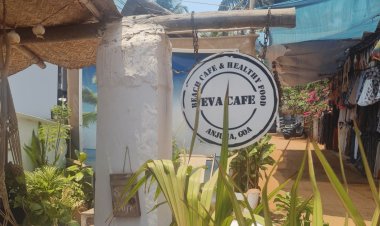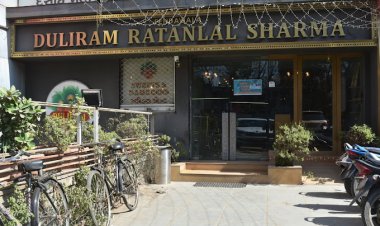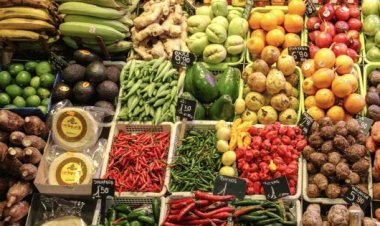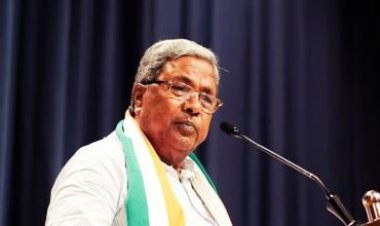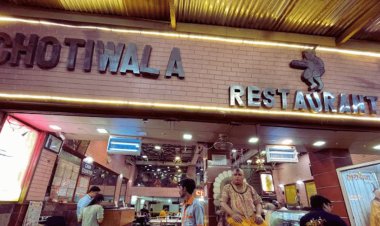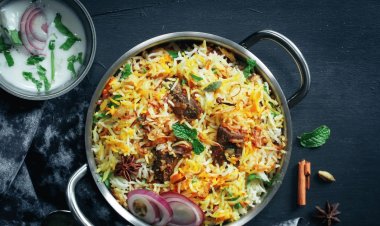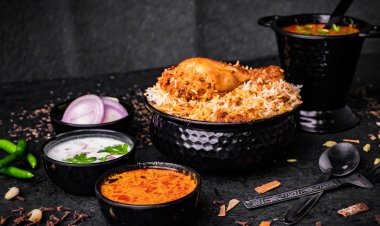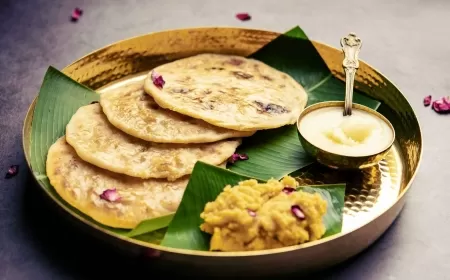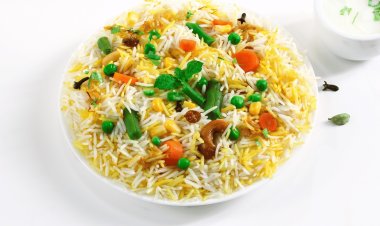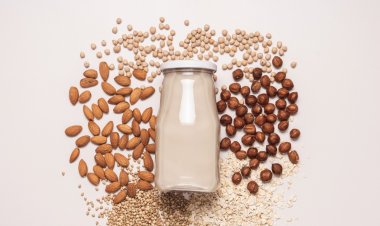India introduces new halal certification process for meat exports to meet global demand
India's new halal certification process for meat exports ensures compliance with global regulations and opens up opportunities for halal-based entrepreneurs in the rapidly growing market.

According to the commerce ministry, for meat and meat products to be exported as "halal certified" from India, they must be produced, processed, and packaged in a facility with a valid certificate issued by a Quality Council of India-accredited body. The procedure for exporting non-halal certified meat and meat products will remain the same.
Furthermore, the ministry stated that for countries with halal regulations, the producer, supplier, and exporter must adhere to the importing country's requirements for export consignments. In January of this year, the directorate general of foreign trade (DGFT) proposed draft guidelines on halal certification to simplify the process for exporting meat and meat products from India.
DGFT is an arm of the ministry which deals with exports and import-related issues.
Policy conditions for halal certification process of meat and meat products is notified," the DGFT said in a notification.
It added that all existing halal certification bodies would have six months time to seek accreditation from NABCB (national accreditation board for certification bodies) for i-CAS (Indian conformity assessment scheme) Halal.
"Meat and meat products shall be allowed to be exported as 'halal certified', only if produced, processed and/or packaged in facility having a valid certification under the i-CAS of the Quality Council of India (QCI), issued by a certification body duly accredited by the NABCB as per the guidelines issued/amended from time to time," the notification said.
Products covered under this notification include meat of bovine animals, fish and chilled; meat of sheep and goats; and sausages and similar products of meat.
To streamline the halal certification process for meat and meat products from India, a program called the 'India Conformity Assessment Scheme (i-CAS)' has been created. Previously, the Indian government did not regulate a mandatory halal certification system since there was no national regulation for certification.
The global halal food market reached a value of USD 1978 billion in 2021. Looking forward, the market is projected to reach USD 3,907.7 billion by 2027.
It said that India's large Muslim population represents huge opportunities for halal-based entrepreneurs.
India's halal industry is relatively new and still in its early stages of development. There are currently no specific labeling requirements for halal food products imported into the country. Private companies in India are responsible for providing halal certification to food or products, indicating that they are permissible for consumption. Halal India Pvt Ltd and Jamiat Ulama-i-Hind Halal Trust are among the leading halal-certifying organizations in India.
Countries across the globe including Indonesia, Malaysia, Thailand, the Philippines, the UAE, Pakistan and others have their own halal standards; however, so far there have been no global halal standards.
The booming halal industry has not only resulted in the development of halal technologies and innovations, but has also prompted the creation of halal-related laws and regulations, which have yet to be standardized on a global scale. The halal market has evolved beyond its traditional Muslim customer base, with an increasing number of non-Muslim consumers being drawn to halal products due to changing consumer preferences.
What's Your Reaction?
 Like
22
Like
22
 Dislike
0
Dislike
0
 Love
8
Love
8
 Funny
1
Funny
1
 Angry
0
Angry
0
 Sad
0
Sad
0
 Wow
16
Wow
16














